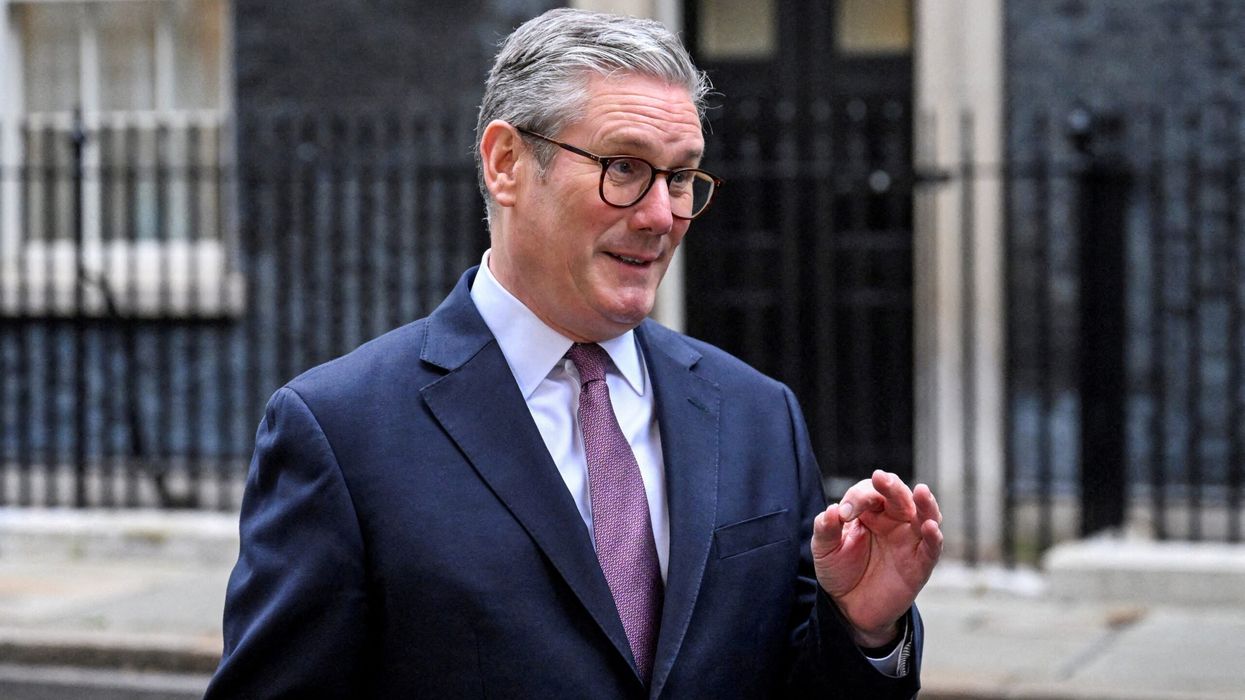PRIME MINISTER Keir Starmer congratulated Donald Trump after the Republican claimed victory in the US presidential election, and said he looked forward to working with him.
"I look forward to working with you in the years ahead," Starmer said on X on Wednesday (6).
"I know that the UK-US special relationship will continue to prosper on both sides of the Atlantic for years to come."
He was among the first world leaders to issue a congratulatory message soon after Trump addressed a rally in Florida.
Starmer said the "special relationship" between the UK and the US would continue to prosper under the new American administration after Trump clinched crucial battleground states in the US overnight.
According to reports, 267 electoral votes had gone to Republican candidate Trump and 224 to Democratic party's Kamala Harris. Trump was just three votes short of a victory.
"Congratulations President-elect Trump on your historic election victory. I look forward to working with you in the years ahead,” Starmer said in a statement released by 10 Downing Street in London.
"As the closest of allies, we stand shoulder to shoulder in defence of our shared values of freedom, democracy and enterprise,” he said.
Starmer had met Trump for the first time over a private dinner during a visit to New York for the United Nations General Assembly in September.
"I spent time in New York with President Trump, had dinner with him and my purpose in doing that was to make sure that between the two of us we established a good relationship, which we did, and we’re grateful for him for making the time,” he said at the time.
It was followed by some controversy during the US election campaign after the Trump campaign filed a legal complaint against Labour party officials travelling to US battleground states to volunteer for Trump's Democrat rival Harris.
Labour leader Starmer was forced to reiterate that he had a “good relationship” with Trump, which would not be jeopardised by the complaint.
(Agencies)













